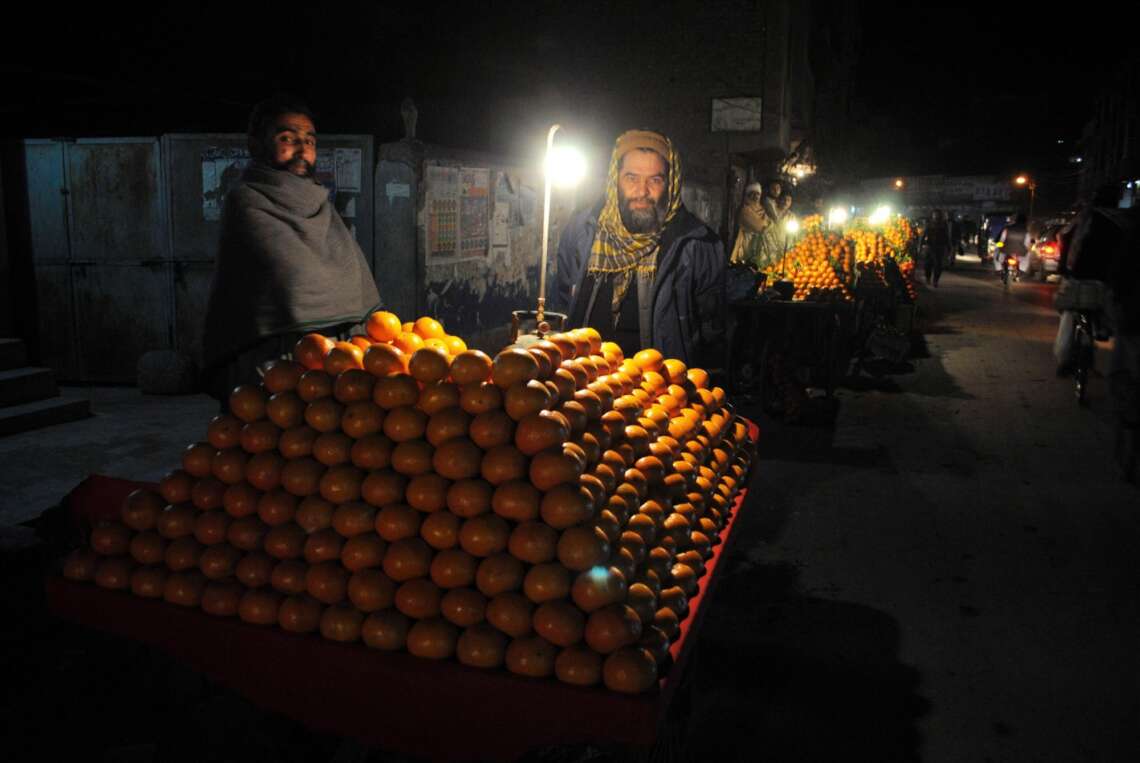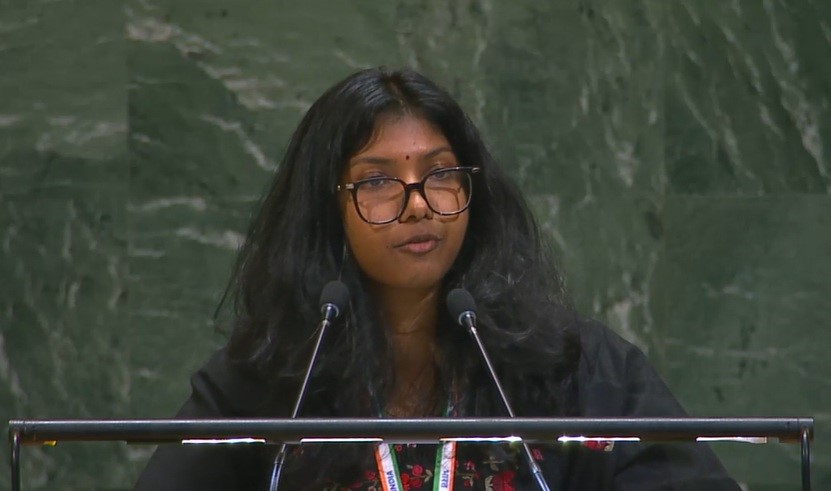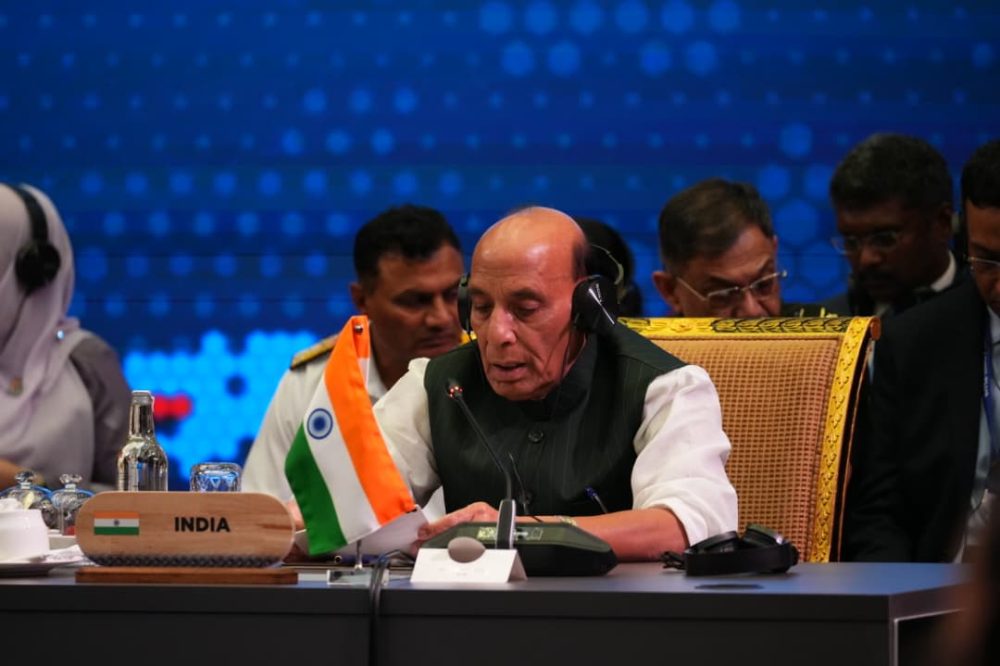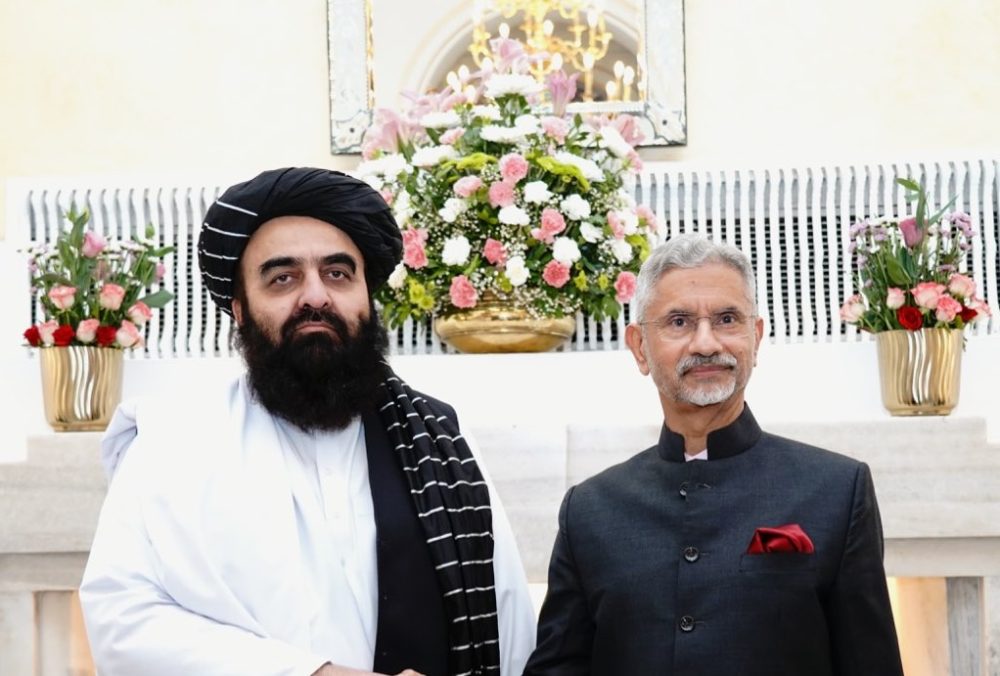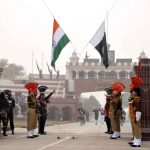Regular power outages are a fact of life in Pakistan, but recent developments suggest that the situation is escalating to new extremes….writes Nasir Khattak
In early January 2025, a nerve-breaking power outage in northern Pakistan sparked a week-long protest that shut down a key highway linking Pakistan with China. In Pakistan Occupied Gilgit-Baltistan, over 80,000 residents shivered through winter nights with barely 30-60 minutes of electricity in 24 hours, prompting hundreds to blockade the Karakoram Highway.
Protesters vented their fury at the authorities’ failure to provide even a few hours of power daily as temperatures plummeted to -15°C. This dramatic standoff, in the occupied region hosting the China-Pakistan Economic Corridor (CPEC) trade route, showed Pakistan’s reality: billions invested with Chinese money in new power projects, yet local communities remain in darkness, facing an uncertain future and extreme poverty.
Across Pakistan, chronic electricity shortages, or “load shedding,” and soaring power bills have become an agonizing routine. Pakistan’s populace is united by frustration at an energy crisis that never seems to end, as decades of mismanagement and policy failures have led to regular power blackouts and punishing electricity costs. This crisis continues to batter everyday life and cripple the economy.
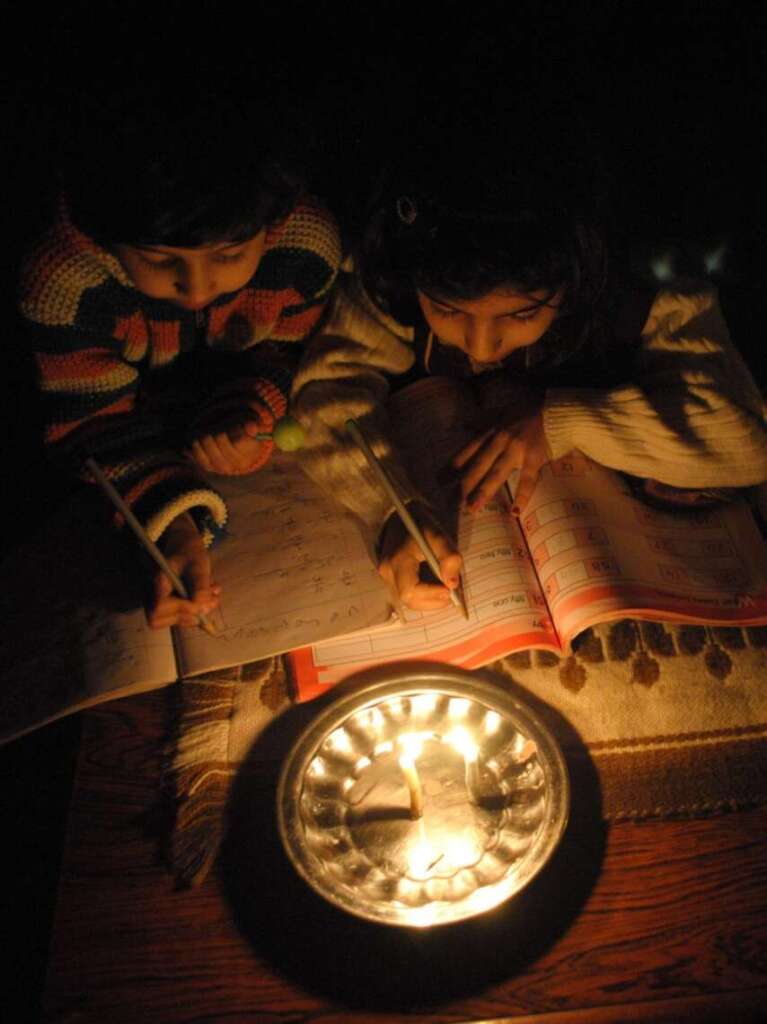
Regular power outages are a fact of life in Pakistan, but recent developments suggest that the situation is escalating to new extremes. Unannounced blackouts lasting 8-16 hours a day have hit many areas, disrupting households and businesses alike. In some localities, especially during peak summer heat or winter cold, power can be out for 20 hours or more per day – essentially leaving entire communities off the grid. Even Pakistan’s capital, Islamabad, and other major cities face hours-long daily load shedding to “conserve” electricity, while rural and remote regions suffer even longer outages. Millions of Pakistanis now rely on back-up generators or rooftop solar panels if they can afford them, and those who cannot are simply left in the dark.
At the same time, consumers have been hit with unprecedented hikes in power tariffs. In an attempt to shore up revenue and secure IMF bailout funds, the government raised electricity prices by 26% in FY2023-24, followed by an additional 20% increase in July 2024, and a hike of over PKR 10 in fuel prices in June 2025, along with a slew of new taxes on electricity bills.
Many Pakistanis saw their monthly bills double within months, a devastating burden amid high inflation. For example, in Lahore, the power bill jumped from PKR 10,000 to PKR 22,000 in just May to July. Nationwide protests erupted over these “cruel” increases, with thousands of people staging sit-ins and refusing to pay electric bills they cannot afford. By 2025, electricity prices had soared to more than twice their 2021 rate as the government complied with IMF demands to eliminate subsidies and raise tariffs. The result is an angry populace facing both daily power outages and exorbitant bills – paying more for electricity they often do not even receive.
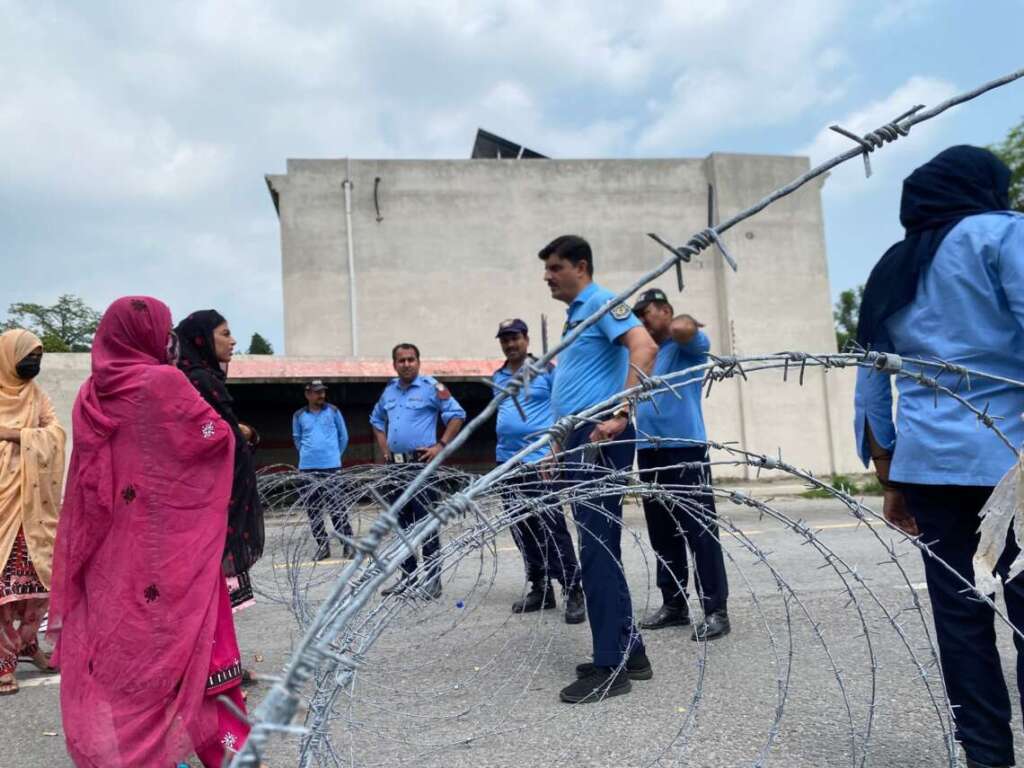
For ordinary people, frequent power cuts mean nights without fans or heaters, spoiled food due to dead refrigerators, and students unable to study after sunset. In poorer districts of Pakistan, families often light candles or burn wood to cope, putting themselves at significant risk to their safety and health. The water supply also suffers: pumping stations go offline during blackouts, resulting in tap water shortages in major cities like Karachi, Lahore, and Hyderabad. Hospitals scramble to keep life-saving equipment running on generators.
Furthermore, industrial and commercial activity grinds to a halt when the power is out, which it often is. Factories are unable to meet production targets, resulting in delayed or canceled orders. The All Pakistan Textile Mills Association has repeatedly warned that unreliable energy is undermining the country’s largest export industry. Indeed, a single nationwide blackout in January 2023 inflicted an estimated $70 million in losses to Pakistan’s textile sector, which relies on continuous power for its looms and machinery. Overall, analysts estimate that chronic energy shortages have shaved as much as 3-4% off Pakistan’s GDP in recent years.
Major industrial centers, such as Faisalabad, have seen hundreds of factories shut down over time, primarily due to electricity shortages, resulting in significant job losses. Small businesses and shops in Pakistan, lacking costly generators, often must close early or incur spoilage of perishable goods. The Karachi Chamber of Commerce has cited load shedding as a key reason for declining investment, as no investor wants to put money in a place where the lights won’t stay on.
This grim picture is reflected in national economic data. In fiscal year 2025, Pakistan’s GDP grew by a meager 2.7%, with its large-scale manufacturing sector actually contracting by 1.5% – a decline partly attributable to energy disruptions. High electricity costs, soaring fuel prices, and rationed supply have eroded the competitiveness of Pakistani industries, deterring both local entrepreneurs and foreign investors. Productivity is lost every time machines idle during blackouts, and businesses must divert funds to fuel private generators at ruinous cost. As one business leader noted, electricity has become a make-or-break factor for Pakistan’s economy: “a nation’s economic progress hinges significantly on a robust energy sector,” and without reliable power, “sustainable development remains elusive.” In short, the power crisis is not only plunging Pakistanis into literal darkness but also impoverishing the country, strangling its economic output, and dimming hopes for growth.
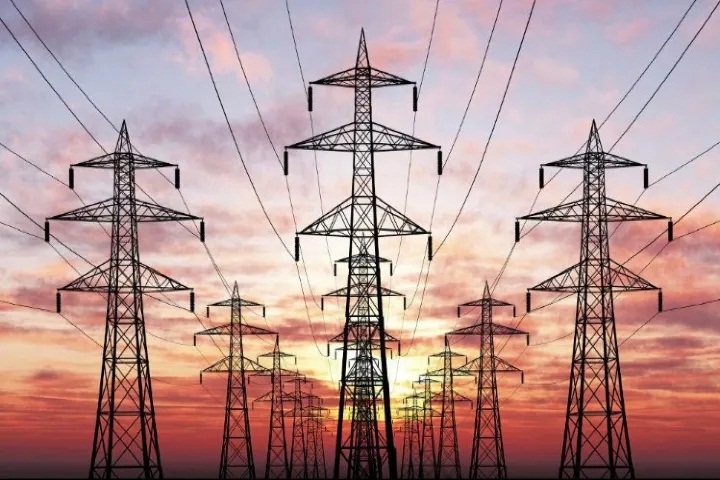
Citizens, industry leaders, and economists alike are warning that the worst may be yet to come if drastic action is not taken. Some observers even call the energy crunch a bigger threat to Pakistan’s stability than terrorism, as it fuels public discontent and economic stress. Meanwhile, the country’s financial situation teeters on the edge: the ever-expanding circular debt in the power sector, combined with mounting external debt, risks pushing Pakistan into financial collapse.
By 2025, the combined energy-sector debt (power and gas) is expected to have reportedly approached PKR 5 trillion – an immense liability that the state can barely sustain. If this spiral continues, the government will face untenable choices between maintaining the lights and defaulting on its obligations. The future of Pakistan, then, appears bleak without any changes.
Nasir Khattak specializes in the China-Pakistan region, with a particular focus on the economic relations between the two countries.


